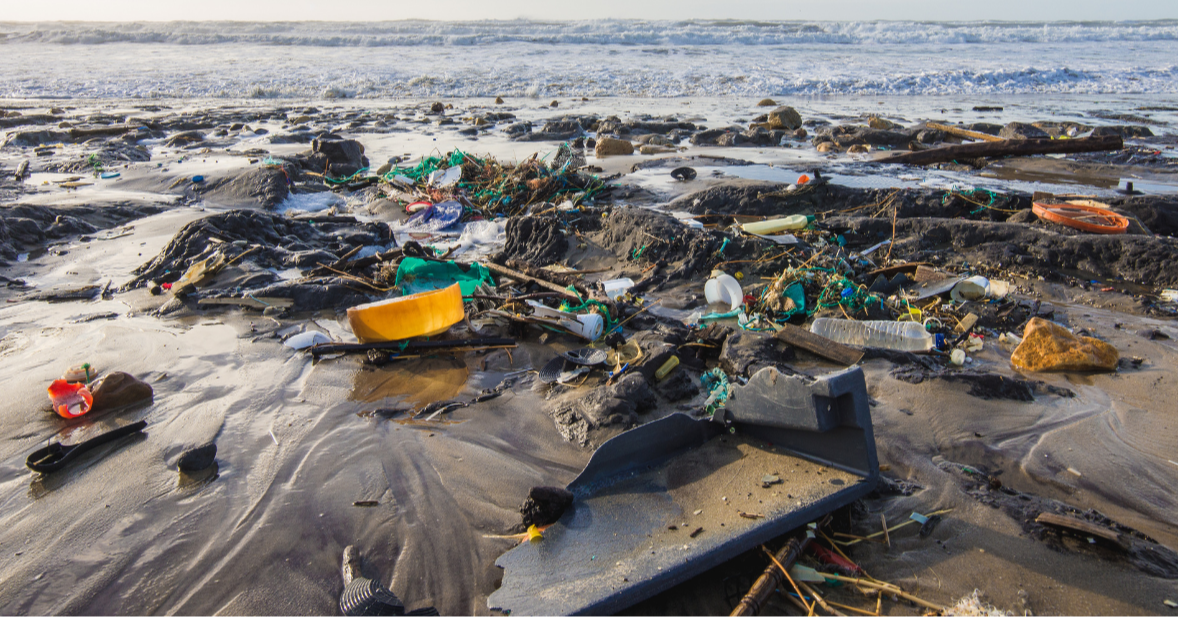Top 5 at 5: Malaysia is Drowning in Plastic
Wong Pui Yi, Research Consultant, Basel Action Network
05-Jun-25 17:00

Embed Podcast
You can share this podcast by copying this HTML to your clipboard and pasting into your blog or web page.
Close
Malaysia generates over a million tonnes of plastic waste each year and continues to import hundreds of thousands of tonnes annually, raising concerns over environmental harm and waste colonialism. In conjunction with World Environment Day, we sit down with Wong Pui Yi, research consultant at the Basel Action Network explored the global plastic problem and Malaysia’s role in it.
Other stories we covered:
• Trump's big bill not looking so beautiful: Just a month ago, former President Donald Trump urged Republicans in Congress to push through his so-called “big beautiful bill,” aiming for it to be signed into law by the 4th of July. He got his wish, but now key allies including Elon Musk are turning on the bill, warning that it could harm the world’s largest economy. We asked Carmelo Ferlito, CEO of the Centre for Market Education, whether these criticisms hold merit.
• What the UN-Habitat presidency means for Malaysia: For the first time, Malaysia will serve as co-president of the UN-Habitat General Assembly, sharing the role with the United Arab Emirates in alternating terms. We spoke with Dr Fong Chng Saun, Research Coordinator at the Universiti Malaya Sustainable Development Center, to understand what this role could mean for Malaysia’s urban future.
• World's first AI deity is in Johor: AI Mazu is a digital incarnation of the Chinese sea goddess, developed by local tech firm Aimazin and introduced by the Tianhou Temple in Johor Bahru. We reached out to Wong Tin Song, Honorary Secretary of the Malaysian Buddhist Consultative Council, for their perspectives on how AI impacts religious practice.
• Could living above a train station solve traffic?: At a forum organised by the Ministry of Higher Education yesterday, Prime Minister Datuk Seri Anwar Ibrahim floated a proposal to build housing directly above train stations, aiming to reduce car usage by improving access to public transport. The idea pointed to a growing shift in how we think about land use around rail infrastructure. We unpack how effective this approach could really be in getting people out of their cars.
Image Credit: Shutterstock
Produced by: Juliet Jacobs, Sneha Harikannan, Lim Sue Ann, Sudais Ferhard
Presented by: Lee Chwi Lynn, Sharaad Kuttan
This and more than 60,000 other podcasts in your hand. Download the all new BFM mobile app.
Categories: technology, economy, politics, government, international, environment, corruption, Law/Activism, controversies, education, managing, culture, History/Heritage, travel, Family/Parenting, managing disease, wellness
Tags: waste dumping, big beautiful bill, ai deity, ai mazu, ai goddess, aimazin, tianhou temple, car-centric infrastructure, rail infrastructure, microplastics, waste management, waste colonialism, world environment day, plastic pollution, donald trump, elon musk, un-habitat, sustainable development, urban development, anwar ibrahim, low cost housing, high-rise buildings, public transport,

